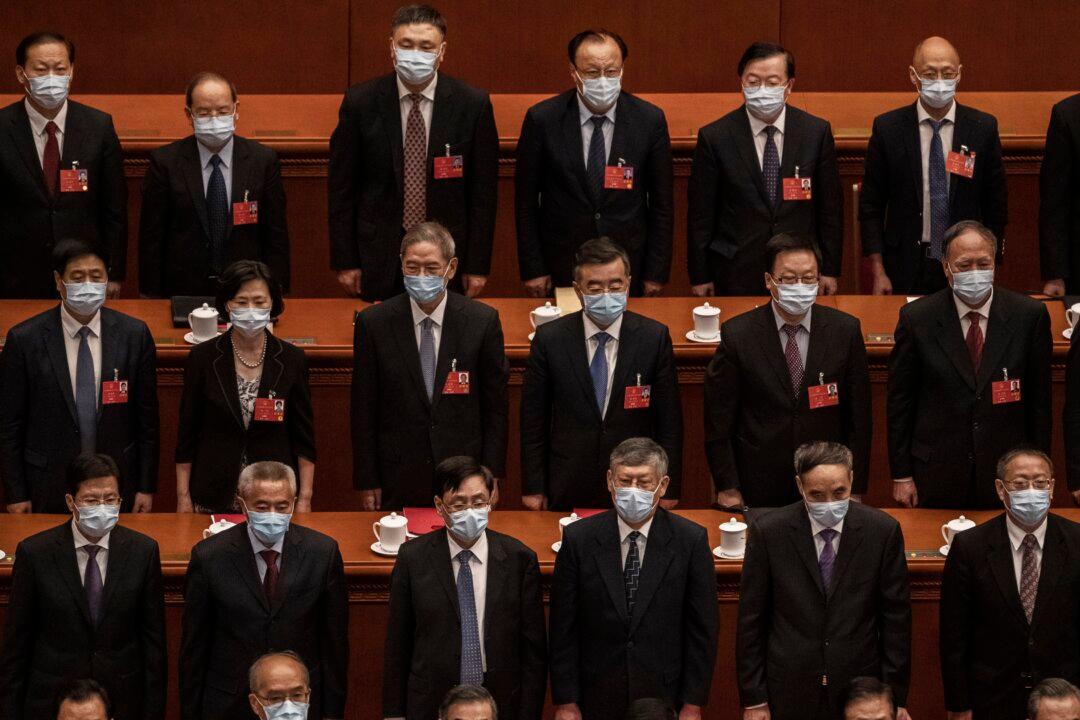After news reports emerged that the U.S. administration was considering banning Chinese Communist Party (CCP) members and their family members from traveling to the United States, the Chinese regime reacted angrily, while netizens welcomed the decision.
Chinese foreign ministry spokeswoman Hua Chunying warned Washington not to conduct such a ban during a July 16 press conference, while state-run media also ran articles criticizing the proposal.





